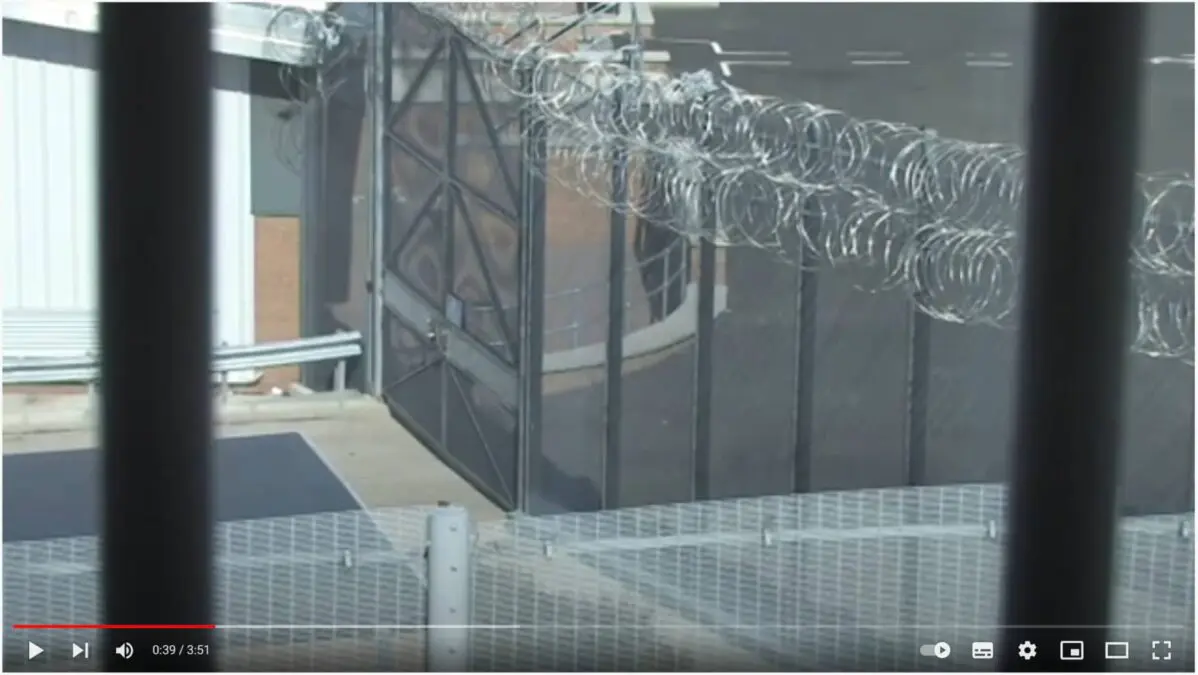Feelings of loneliness and abandonment can overcome a person struggling with addiction in prison. Reconnecting people who live in prisons to their families, friends and communities can break barriers and save lives. Margaret shares her story of escaping from a cycle of drug addiction that led to repeated prison sentences, and reveals how writing poetry helped her to find a new, meaningful life.
Understanding the nature of substance use
The story of Margaret’s struggle with addiction in Scotland spanned more than 10 years. She calls this struggle a “revolving cycle” grounded deeply in childhood trauma and a history of domestic violence, which can make it difficult to break out of an addiction.
Margaret points out that although most prisons offer opportunities for detoxification and substitution therapy to halt the physical dependence on drugs, it is equally important to address the underlying causes of substance abuse and the emotions and thoughts which form the core of addiction. This goes for life in the prison setting, but also for life back in the community.
“Because I was coming out of prison substance-free, I was not linked up to any community services, so the longest I lasted was 3 months before relapsing,” relates Margaret. “This was inevitable because nothing changed in my environment, and I was the person who funded the habit. So, I was straight back into crime, into supplying my partners.”
To get through drug addiction, people need hope and knowledge that empowers them to start anew after prison, says Margaret. “For me, it took a really long time to get an understanding of the causes of my situation. I didn’t have any belief in myself. If you spend 20–30 years in addiction and don’t see anyone who got well, don’t know any positive stories, you just can’t envision it,” Margaret adds.
“I had hope, and I got my life back”
A community support programme gave Margaret the much-needed sense of empowerment to start a cycle of change that got her out of her addiction. Today, she works as a recovery coordinator at the Alcohol and Drug Partnership in Glasgow.
“I had hope, and I got my life back – a meaningful life that I’m truly happy living. These are just basic things – a decent home, my kids, a job, and I help others on a daily basis. I cannot ask for more than that,” she states.
Margaret thinks that prisons in all countries need the same standards of health care, and need to be connected to the outside community so that people have the necessary support to continue on their path to recovery.
She emphasizes that not having these links in place leads to missed opportunities. “It should depend on the opportunities and treatment that the individual requires. The standards need to address basic human needs.”
Through recovery’s door
When Margaret was regaining her strength with the support of her family, her friends and the community, she found inspiration to write poetry. Through her poems she was able to show how hard it is for people in prison to find help in fighting their addiction, and how deep and positive changes can be when the help is available in detention facilities and local communities.
“And for the first time in years, I can honestly say: There is a light at the end of that tunnel today.” These are words from Margaret’s poem “I walked through Recovery’s door”.
The importance of ensuring continued care to people being released from prison was highlighted in the conclusions reached at the 6th Prison Health Conference in 2019 in Helsinki, Finland, co-hosted by WHO/Europe, Public Health England and the Government of Finland.
One of the priorities of the WHO European Programme of Work 2020–2025 (EPW) is equity in health care. No one should lack opportunities to choose a healthy and fulfilling life. This is no less true in the context of prison settings. WHO developed a series of guidelines and frameworks to help prison authorities to ensure quality health care for detainees in all countries of the Region.
The United Nations promotes the need to find more alternatives to incarceration for people who commit crimes because of drug addiction. Such measures can reduce the prison population, strengthen prison management, and improve prison conditions while advancing the rehabilitation and social reintegration of offenders.







